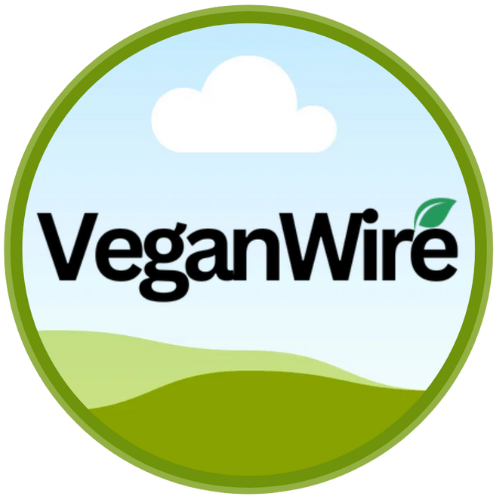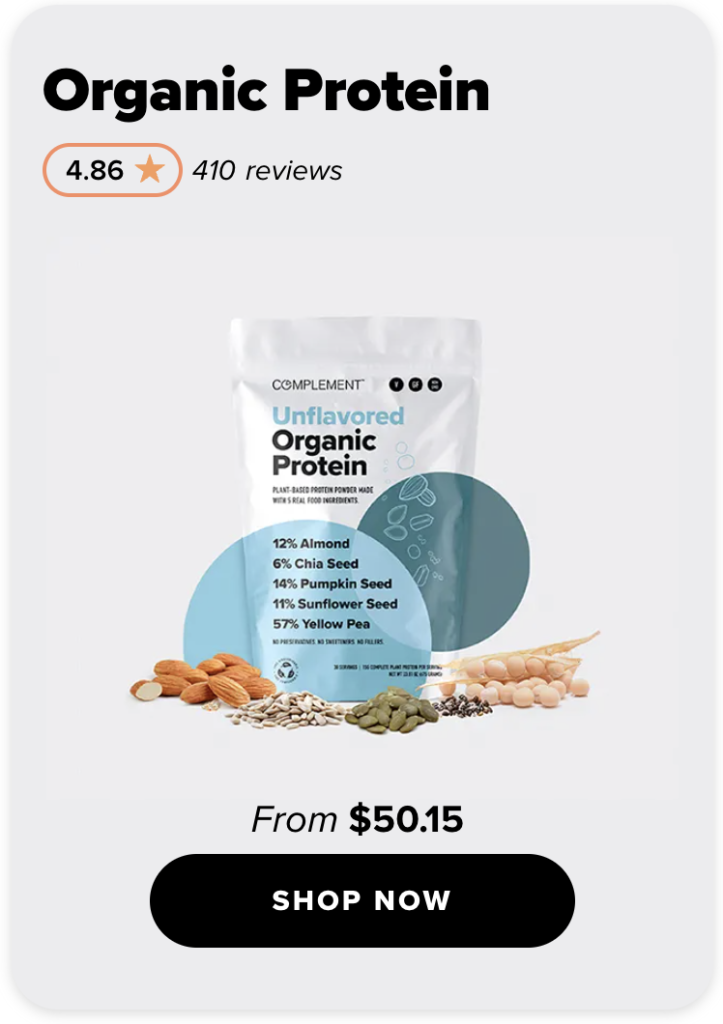It is a common misconception that a vegan diet is inherently incomplete. Does a vegan diet require supplements? With proper planning and a diverse range of plant-based foods, a vegan diet can provide all the necessary nutrients for a healthy lifestyle.
Protein
One of the most common concerns about a vegan diet is the lack of protein. However, protein can be obtained from a variety of plant-based sources such as beans, lentils, tofu, tempeh, and seitan. Additionally, many plant-based foods, such as quinoa, amaranth, and buckwheat, contain all of the essential amino acids, making them a complete protein source.
A study published in the Journal of the American Dietetic Association found that a well-planned vegan diet can provide all the necessary protein for both athletes and sedentary individuals (1).
Iron
Another concern about a vegan diet is the lack of iron. While it is true that the form of iron found in animal products (heme iron) is more easily absorbed by the body, there are plenty of plant-based sources of non-heme iron such as spinach, chard, lentils, and fortified cereals.
A study published in the Journal of the Academy of Nutrition and Dietetics found that the iron status of vegetarians is similar to that of non-vegetarians, and that a well-planned vegan diet can provide adequate iron (2).
Vitamin B12
Vitamin B12 is another nutrient that is often cited as being lacking in a vegan diet. Vitamin B12 is found almost exclusively in animal products, but can also be found in fortified foods such as plant-based milk, breakfast cereal, and nutritional yeast. Additionally, vitamin B12 supplements are readily available and can be taken to ensure adequate intake.
A study published in the Journal of the Academy of Nutrition and Dietetics found that vegetarians and vegans have a higher risk of vitamin B12 deficiency, and that regular intake of B12-fortified foods or supplements is necessary to maintain adequate levels (3).
Omega-3 Fatty Acids
Omega-3 fatty acids are important for heart health and brain function, and are commonly found in fatty fish. However, plant-based sources of omega-3s such as flaxseeds, chia seeds, and walnuts can also provide these essential fatty acids.
A study published in the American Journal of Clinical Nutrition found that vegans have a lower risk of heart disease and have similar levels of omega-3 fatty acids as non-vegetarians, as long as they consume enough alpha-linolenic acid (ALA) (4)
ALA can be found in a variety of plant-based sources (flaxseeds, chia seeds, and walnuts), as well as in some vegetable oils such as canola oil and soybean oil. It’s also found in leafy greens such as kale, purslane, and spinach. Other plant-based sources of ALA include hemp seeds, pumpkin seeds, and edamame.
Calcium
Calcium is important for strong bones and teeth, and is commonly associated with dairy products. However, calcium can also be found in plant-based sources such as broccoli, kale, and fortified plant-based milk.
A study published in the Journal of the Academy of Nutrition and Dietetics found that vegans can meet their calcium needs through a combination of high-calcium foods and supplements, if necessary (5).
Conclusion
A vegan diet can provide all the necessary nutrients for a healthy lifestyle with proper planning and a diverse range of plant-based foods. Protein, iron, vitamin B12, omega-3 fatty acids, and calcium can all be obtained from plant-based sources. Vegans should ensure to include fortified foods or supplements in their diet to maintain adequate levels of Vitamin B12.
It is important to consult with a healthcare professional or a registered dietitian to ensure that all nutrient needs are being met and to create a diet plan that is safe and healthy.
References
- Campbell, W. W., & Campbell, T. M. (2011). The China study: The most comprehensive study of nutrition ever conducted and the startling implications for diet, weight loss, and long-term health. BenBella Books.
- Melina, V., Craig, W., & Levin, S. (2016). Position of the Academy of Nutrition and Dietetics: Vegetarian diets. Journal of the Academy of Nutrition and Dietetics, 116(12), 1970-1980.
- Craig, W. J. (2009). Health effects of vegan diets. The American Journal of Clinical Nutrition, 89(5), 1627S-1633S.
- Sanders, T. A. (1995). The nutritional adequacy of plant-based diets. The Proceedings of the Nutrition Society, 54(3), 287-293.
- Messina, V., & Messina, M. (1996). The dietitian’s guide to vegetarian diets: Issues and applications. Jones and Bartlett Publishers.
- Some research for this article compiled with the assistance of ChatGPT/OpenAI







